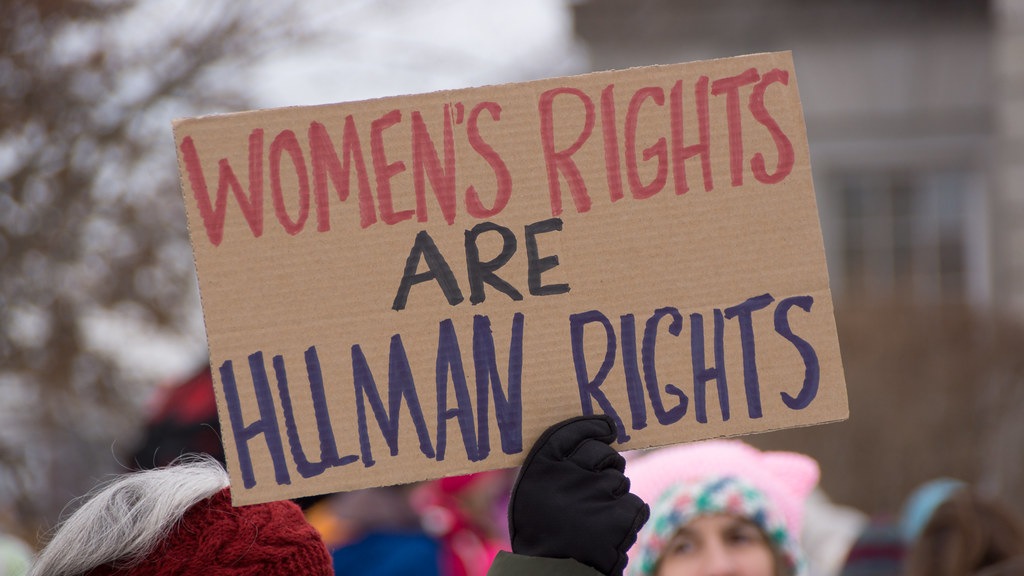The year in which Harvey Weinstein was jailed is supposed to be the year that women can no longer be harassed. Yet in Kurdistan (Northern Iraq), feminist Dashni Morad has been vilified and harassed after speaking out against the oppressive views of Romi Harki, a traditional Kurdish singer.
Romi Harki appeared as a guest on Rudaw, a news network based in the Kurdish Region of Iraq. On the Ramadan program Girls Talk, Harki casually said that “in our religion, it is clear that men are superior to women. Women are weak. Men must not be modest, but women must be.”
Several days later, Dashni Morad went onto the same show and criticised Harki for saying this. She said, “no one is allowed to call women weak creatures.” The women hosting the show tried to say that Harki’s comments were just a joke, but Morad maintained this was still a serious matter.
Romi Harki responded with a video on his official Instagram account. He said, “you are a person who has returned to Europe and does not speak Kurdish well. You are trying to apply European traditions among our women and girls”. In Europe, he continued, “when a girl reaches 18, no one can interfere in her life, be her father or brother. Such things are not appropriate among us in Kurdistan.”
Harki and his supporters went on to post disparaging comments about Morad’s appearance, her artistry, and her morals. When their comments became more humiliating, Morad explained to a reporter from Rudaw TV, how their patriarchal attitude means “if a woman speaks up, we have the right to use her body as shame against her.”
I’m neither surprised nor shocked. There are still patriarchal views at large in Northern-Kurdistan, Iraq – the same views which my parents encountered in the 1990s, which encouraged them to leave the region and come to Britain.
I’m upset and annoyed with how Morad’s been treated: no women should be harassed for speaking their mind. As a woman of Kurdish origin who has grown up in and around London, I think having Westernised values is something to be proud of; it reflects a new generation of women who are independent, courageous and educated.
As much as I love my cultural background and traditions, I do not subscribe to the idea that women are in any way inferior to men.
If my attitude is ‘Westernised’, so what?




